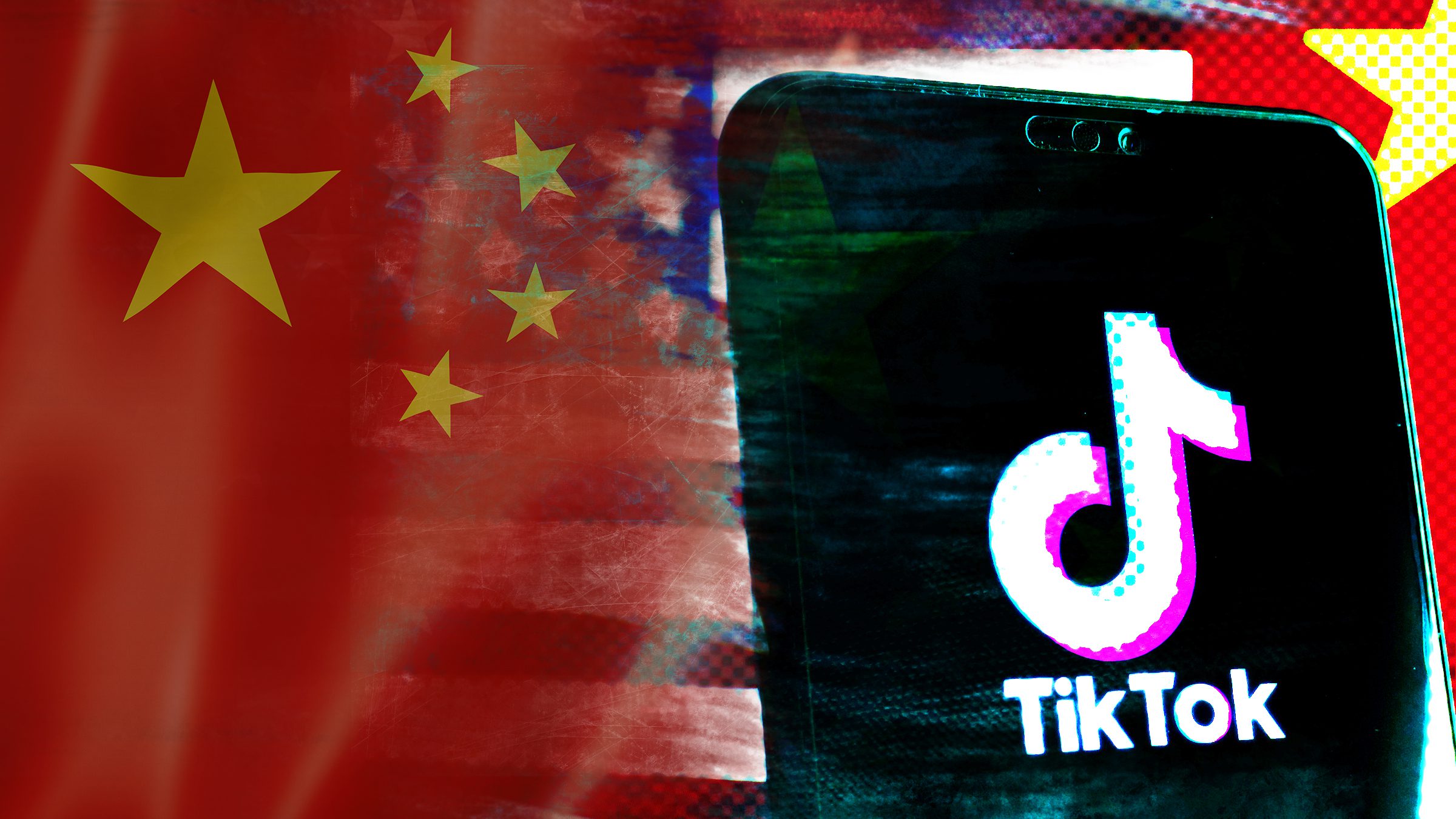ARGUING YES
Senior Fellow and Director of Foreign and Defense Policy Studies at the American Enterprise Institute
ARGUING NO
Professor at the Georgia Institute of Technology School of Public Policy; Founder and Director of the Internet Governance Project
MODERATOR
Host and Moderator-in-Chief
This week:
- TikTok: Could banning the video-sharing app soon be a reality?
- A closer look at who is getting their news from TikTok
- Your Sunday reading list
TikTok — used and beloved by 170 million Americans — may soon be banned in the United States. That is, if the Senate approves a bill that quickly moved through the House and was passed recently with a large bipartisan majority of 352-65.
If also passed by the Senate, TikTok could be banned in the U.S. six months after the vote if its parent company, Bytedance, does not divest its U.S. arm.
At Stake: Those supporting a ban fear that the ruling party in China could request the data of Bytedance’s American users for intelligence-gathering purposes, increasing national security risks. They additionally fear the platform could be used to spread harmful propaganda. For instance, some groups, including the Jewish Federations of North America, support the law because they say TikTok is promoting antisemitism. Others say these concerns are overblown and that there’s no proof TikTok has shared information with the Chinese government or that their algorithms are more problematic than those of other social media companies. They also say the act to ban TikTok hinders free speech.
TikTok By the Numbers:
- 13 countries have partial or total bans on TikTok, including Afghanistan, the U.K., India, and Taiwan.
- Seven million small businesses in the U.S. use TikTok to drive growth — a ban means losing part or all of their income stream.
- Its U.S. business is currently estimated as being worth $35 to $40 billion, but it could increase to $100 billion if the future buyer can acquire TikTok’s algorithm
- Quoting TikTok, The Wall Street Journal reported in October and November 2023 alone, TikTok removed more than 6.9 million videos with shocking and graphic content and 2.4 million videos promoting violent organizations.
Joining us in this debate are foreign policy and defense expert Kori Schake, director of the Internet Governance Project Milton Mueller, and two journalists including Emily Baker-White, a former BuzzFeed reporter whose data was improperly accessed by Bytedance employees.
Listen to this debate now on WNYC, your favorite podcast platform, and YouTube. As always, let us know what you think and whether you believe the pending ban is worth pursuing.
A LOOK AT THE DATA
A Preferred News Source for Younger Consumers

POINT/COUNTERPOINT
Should the U.S. Ban TikTok?
YES: Kori Schake
“There are two concerns about TikTok. The first is the data being amassed and potentially used as surveillance by China. Second is the potential for it to be a propaganda tool by what its artificial intelligence and algorithm bounce into our feeds. As people increasingly use it as a media platform, China has the ability to censor and boost content on it, which it did during the Hong Kong protests and which it does over Xinjiang repression. What TikTok has said is, ‘We won’t do it anymore.’ I don’t think we ought to take that as a definitive answer. I think we’re right to be concerned about the potential for that kind of manipulation. I think there is the basis for legitimate concern about the Chinese government, manipulation of media content, and collection and use of data.”
NO: Milton Mueller
“This is really a political case, a foreign policy case. There are people who believe in decoupling from China, and they’re going to interpret any Chinese company, any economic connection between the US and China as a threat. This is exactly what I’m challenging. I think TikTok is a perfect example of how a foreign company can come and introduce competition and valuable services into the American market. They can provide a form of platform communication that Americans love and benefit from and they can create economic value. There’s really no evidence that this is harming the United States.”
WEEKLY POINTS OF VIEW
A US TikTok Ban May Not Be a Huge Loss for China
Minxin Pei | March 19, 2024
Bloomberg
Watch Minxin’s debate on whether China does capitalism better than America
Who Do You Trust More With TikTok – China, or American Billionaires?
Robert Reich | March 17, 2024
Eurasia Review
Watch Robert’s debate on whether it’s time to redistribute the wealth
Congress is right to want to curtail TikTok’s power and influence
Nita Farahany | March 15, 2024
The Guardian
Watch Nita’s debate on whether we should erase bad memories
When It Comes to Big Tech, Regulatory Ambition Ignores Consumers’ Choices
Mark Jamison | March 13, 2024
American Enterprise Institute
Watch Mark’s debate on whether Amazon is good for small business

















